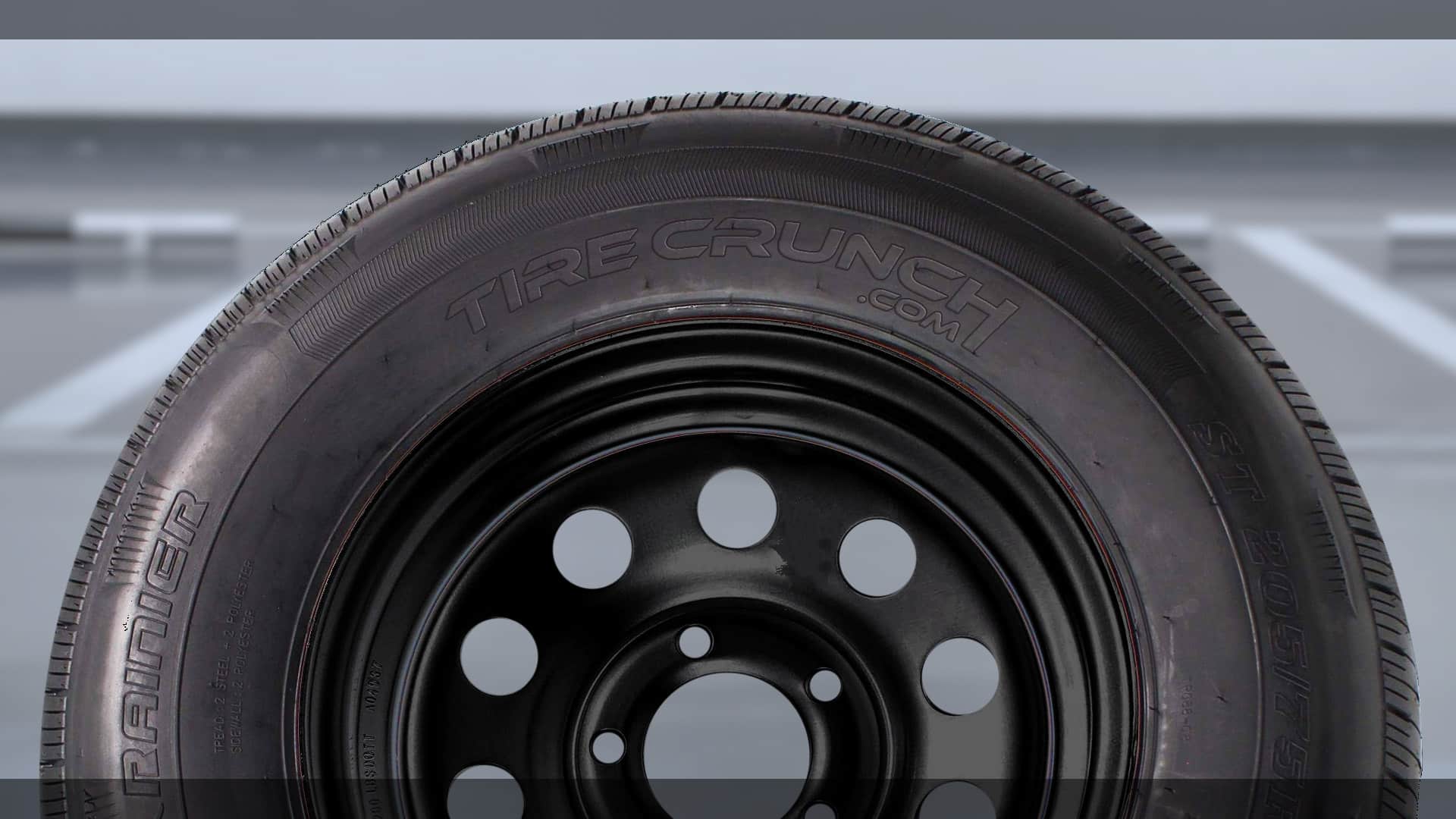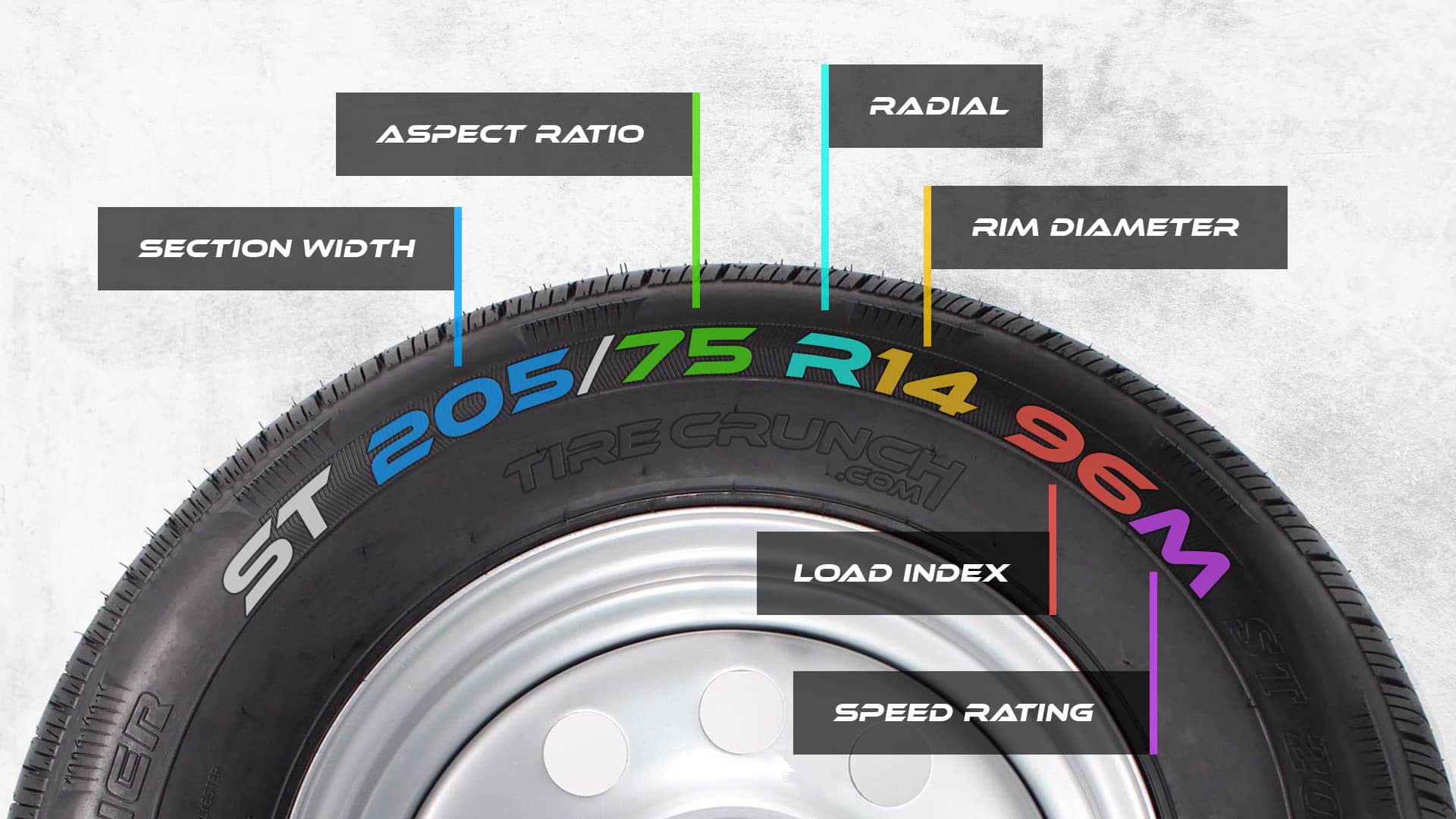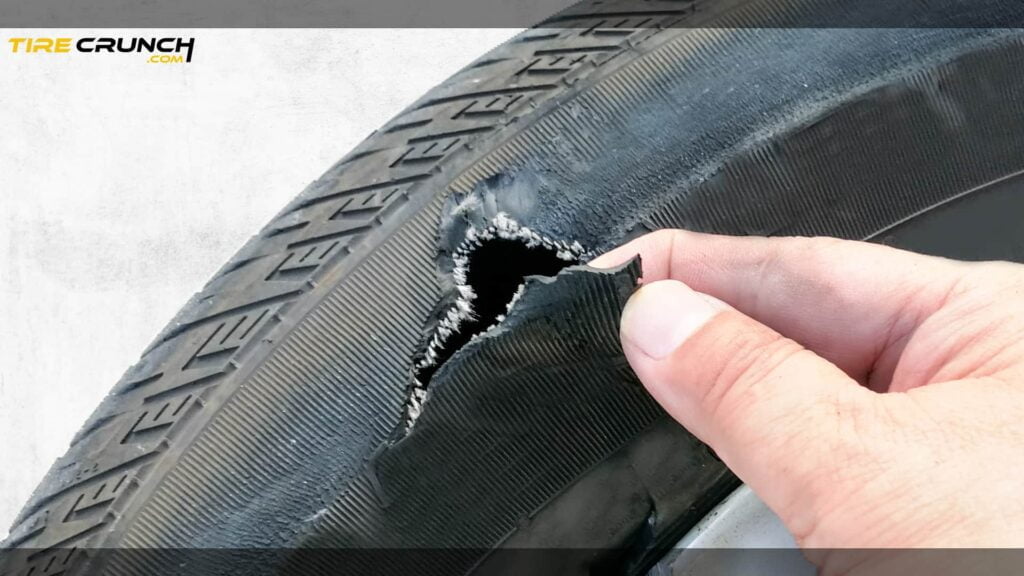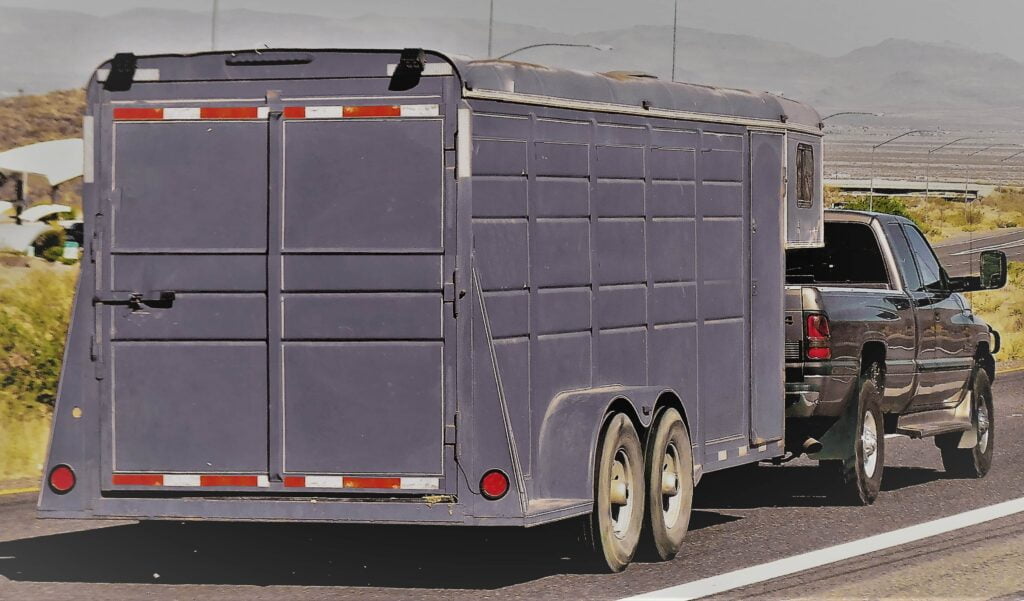Trailer Tires Speed Rating: A Complete Guide

Trailer tire speed ratings provide critical information for drivers looking to tow safely and efficiently. These ratings use a letter code system,that indicates the maximum speed at which a tire can maintain optimum performance over time without risking damage or reduced functionality.
Consequently, understanding your trailer tires’ speed rating is crucial in avoiding unnecessary strain on your tires and ensuring their longevity.
Neglecting to monitor the tire speed ratings on your trailer can result in dangerous situations and potential damage to both the trailer and the tow vehicle.
Where Can I Find My Tire Speed Rating?

To find your tire’s speed rating, you need to look on the sidewall of your tires, where you’ll see a combination of letters and numbers following the size specifications.
The first letter is typically the type of tire where “P” stands for passenger vehicle, “LT” for light truck, and “ST” for special trailer.
The next numbers indicate the width of the tire in millimeters and its aspect ratio (height to width). For example, 205/75R14 means that the tire is 205 millimeters wide with a height equal to 75% of its width and fits on a 14-inch wheel.
The final numbers and letters refer to the load index and the speed rating of the tire.
For example, if a sidewall marking reads “96M”, this indicates that the speed rating of the tire is “M” at which the tire can safely operate up to 81 mph.
Tire Speed Rating Chart
To better understand the various tire speed ratings, we have compiled a comprehensive chart displaying the different tire speed ratings and their corresponding maximum speeds as per the United States tire speed rating system.
| Speed Rating | Maximum Speed (MPH) |
|---|---|
| E | 43 |
| F | 50 |
| G | 56 |
| J | 62 |
| Speed Rating | Maximum Speed (MPH) |
|---|---|
| K | 68 |
| L | 75 |
| M | 81 |
| N | 87 |
Risks Of Speeding With Trailer Tires

Exceeding the maximum speed rating of your trailer tires can lead to several issues. Firstly, it puts immense stress on the tires which can cause them to overheat and ultimately fail.
This failure can manifest itself in various ways such as a blown-out tire or severe tearing around the edges. Secondly, driving at higher speeds than recommended can also make your vehicle more unstable and prone to swaying or wobbling, especially when carrying heavy loads.
This issue is especially dangerous when carrying heavy loads or driving on hot summer days when pavement temperature is at a higher level.
Why Are Trailer Tires Speed Ratings Lower Than Other Tires?
Trailer tires are rated lower than passenger car tires because the load capacity of trailer tires is much higher than that of regular car or truck tires, and running them at higher speeds can cause them to overheat and fail.
Are There Trailer Tires Rated Higher Than 55 MPH?
Yes, some Special Trailer (ST) tires can have a speed rating of 80+ mph. These higher-speed trailer tires are designed to handle the immense stress of highway speeds while carrying heavy loads.
Can I Mix Tires With Different Speed Ratings?
Mixing tires with different ratings on a trailer is possible but not recommended as it can negatively affect the ride and handling of your trailer as each tire will behave differently at different speeds.
Choosing The Best Trailer Tires For Your Needs

When selecting trailer tires, several factors should be considered to ensure optimal performance and safety. These include:
Recommended Models
When it comes to choosing the best trailer tires for your needs, here are some recommended brands and models to consider:
What Is Load Index Rating On Trailer Tires?
Load index rating is a numerical value assigned to trailer tires, which indicates the maximum load-carrying capacity of the tire when properly inflated. This rating helps in comparing different tires to identify their load capacity.
The load index rating is usually found on the sidewall of a tire and represented by a number ranging from 1-150. For instance, if a trailer has a total weight of 10,000 pounds and four tires with a load index rating of 250 each are used, then each tire can safely carry up to 2,500 pounds.
Effects Of Overloading On Trailer Handling And Stability
Overloading a trailer can have negative impacts on its handling and stability, compromising the safety of the trip. When a trailer is overloaded, it has an increased risk of swaying or tipping over during turns or sudden stops.
The weight distribution on trailers is crucial for maintaining stability while towing. When too much weight is placed at the front or rear of the trailer, it can cause issues with braking and steering. Additionally, overloading a trailer can lead to uneven tire wear.
FAQs
Is It Dangerous To Tow A Trailer Faster Than 55 MPH?
Some states such as California have even set this as their maximum speed limit for vehicles towing trailers.
Overloading your trailer or driving too fast puts immense stress on your tires leading them to overheat which could lead to disastrous consequences like tire blowouts.
Exceeding the recommended speed rating on your tires affects fuel economy, wear and tear on the tread, handling capabilities and stopping distance in case of emergencies.
What Is Speed Rating J On A Trailer Tires?
The speed rating of a J trailer tire indicates that it has a maximum speed capability of 62 mph. This is considered to be one of the lower speed ratings for trailer tires and limits the trailer’s ability to travel at higher speeds without risking damage or failure.
What Is Speed Rating L On Trailer Tires?
The speed rating L indicaties a maximum safe speed of 75 mph. This rating is typically found on bias-ply trailer tires, which are known for their strength and durability under heavy loads.
What Is Speed Rating M On Trailer Tires?
One of the higher-rated options in trailer tire speed ratings is the M rating. The M speed rating tires should not exceed 81 mph.
